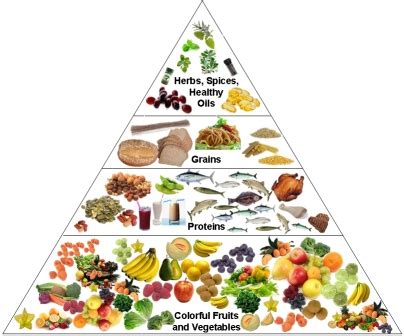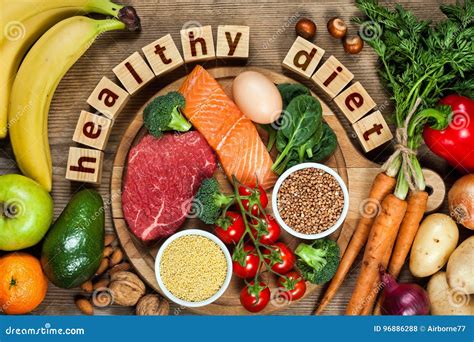What nutrition strategy fuels optimal male energy & muscle recovery?

For men aiming to optimize their physical performance, maintain high energy levels, and ensure rapid muscle recovery, nutrition isn’t just about eating; it’s a strategic science. A well-designed dietary approach can be the cornerstone of strength, endurance, and overall vitality, enabling faster gains and reducing downtime.
The Foundation: Macronutrient Mastery
The three main macronutrients—protein, carbohydrates, and fats—play distinct yet interconnected roles in fueling the male body. Getting the balance right is crucial for energy production, tissue repair, and hormonal health.
Protein: The Building Block: Protein is paramount for muscle repair and growth, especially after exercise. Aim for 1.6-2.2 grams of protein per kilogram of body weight, distributed evenly throughout the day. Sources like lean meats, poultry, fish, eggs, dairy, and legumes are excellent choices.
Carbohydrates: The Energy Source: Often misunderstood, carbohydrates are the body’s primary fuel source, essential for high-intensity exercise and replenishing glycogen stores for sustained energy. Focus on complex carbohydrates like whole grains, oats, sweet potatoes, and fruits, adjusting intake based on activity levels.
Healthy Fats: Hormonal Support & Energy: Essential fats are vital for hormone production, nutrient absorption, and long-term energy. Incorporate sources such as avocados, nuts, seeds, olive oil, and fatty fish (like salmon) into your diet. These fats also contribute to satiety and overall health.

Micronutrients and Hydration: The Unsung Heroes
While macronutrients provide the bulk of energy and building materials, micronutrients (vitamins and minerals) act as critical co-factors in countless bodily processes, including energy metabolism and immune function. Hydration is equally vital, affecting everything from performance to recovery.
Vitamins & Minerals: Key micronutrients for men include Zinc (testosterone production, immune function), Magnesium (muscle function, energy production, sleep), Vitamin D (bone health, immune support, mood), and B-Vitamins (energy metabolism). A diet rich in a variety of fruits, vegetables, and whole foods typically provides these in sufficient amounts.
Hydration: The Performance Enhancer: Dehydration, even mild, can significantly impair physical performance, cognitive function, and recovery. Drink plenty of water throughout the day, increasing intake around workouts. Electrolyte-rich beverages can be beneficial during prolonged or intense exercise.

Strategic Timing: Maximizing Absorption and Recovery
When you eat can be as important as what you eat, especially around workouts. Strategic nutrient timing can enhance performance and accelerate recovery.
Pre-Workout Fuel: Consuming a meal rich in complex carbohydrates and moderate protein 2-3 hours before a workout provides sustained energy. A smaller, easily digestible snack (e.g., banana, rice cakes) 30-60 minutes prior can offer a quick energy boost.
Post-Workout Recovery: The 30-60 minute window after exercise is crucial for replenishing glycogen stores and initiating muscle repair. A combination of rapidly absorbed carbohydrates and protein (e.g., a protein shake with fruit, chicken and rice) is ideal to kickstart the recovery process.

Smart Food Choices for Peak Performance
Making smart food choices consistently underpins any successful nutrition strategy. Prioritize whole, unprocessed foods that offer a high nutrient density.
- Lean Proteins: Chicken breast, turkey, lean beef, salmon, cod, eggs, Greek yogurt, cottage cheese, lentils, beans.
- Complex Carbohydrates: Oats, quinoa, brown rice, sweet potatoes, whole-wheat bread, fruits (berries, apples, bananas), vegetables (broccoli, spinach).
- Healthy Fats: Avocados, almonds, walnuts, chia seeds, flaxseeds, olive oil, fatty fish.

Beyond Food: Supplements and Lifestyle
While a whole-food diet is the priority, certain supplements can complement your nutrition strategy. Creatine monohydrate is well-researched for strength and power, and a high-quality whey protein powder can help meet daily protein targets, especially post-workout. However, supplements should never replace a balanced diet.
Equally important are lifestyle factors like adequate sleep (7-9 hours per night) and effective stress management. These factors profoundly impact hormone balance, recovery, and overall energy levels, working synergistically with your diet to fuel optimal performance.

In conclusion, fueling optimal male energy and muscle recovery is a holistic endeavor. It demands a thoughtful approach to macronutrient balance, a keen eye on micronutrient intake and hydration, strategic timing of meals, and consistent healthy food choices. Coupled with sufficient rest and stress management, this comprehensive nutrition strategy provides the robust foundation for men to thrive physically and mentally, achieving peak performance and rapid recovery.








